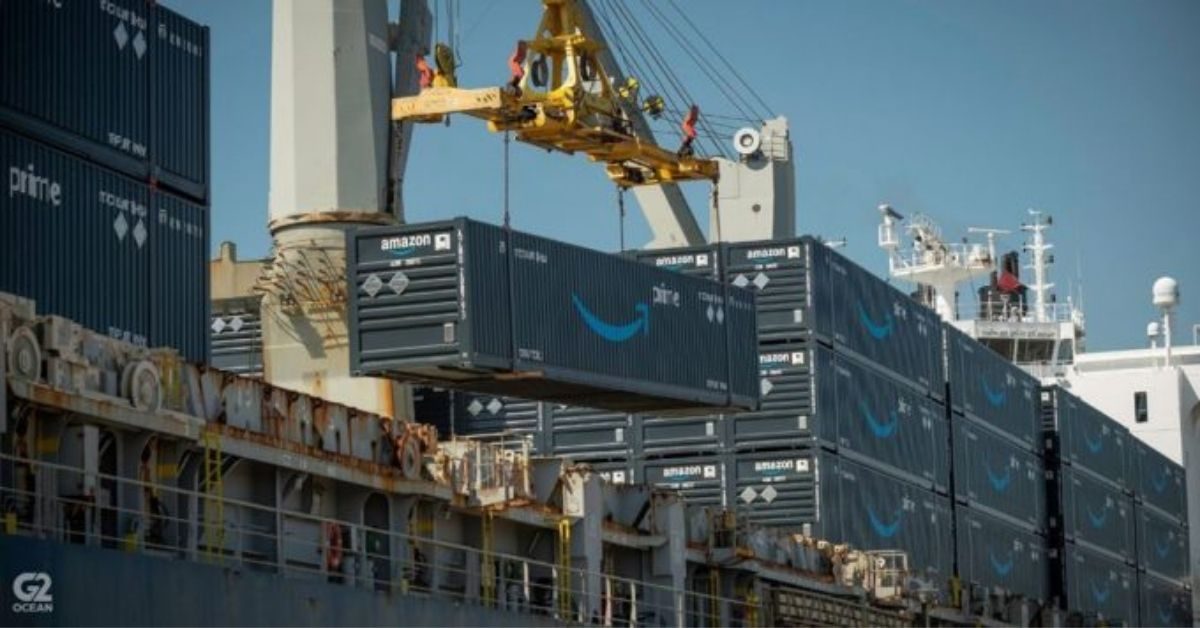Following e-commerce giant Amazon’s move to send boxes on the deck of Norwegian multipurpose operator G2 Ocean’s bulk-carrier, the line’s MD, Scott Krantzcke, said he expected this trend to continue “well into 2022”.
While the deal, for geared vessel Star Lygra to carry Amazon containers from Dachan Bay to Houston, was understood to be a one-off, it follows similar agreements by Home Depot, IKEA and Walmart to acquire vessel capacity directly.
However, there is a difference, G2 Ocean, a joint-venture between Gearbulk and Grieg Star, carried 53ft containers, normally restricted to US domestic land transport. Being longer than standard boxes used in deepsea shipping, they have unique requirements for loading and unloading.
The multipurpose vessel’s lack of cell-guides made it ideal for carrying the unconventional containers, Mr Krantzcke told The Loadstar. But, conducting container trades from the deck of bulk-carriers creates challenges of its own, he added.
“It requires our technical team to undertake pre-planning for stowage and securing of the containers to ensure a safe and efficient voyage,” he explained. “We use ships’ cranes to perform the offloading operation, unlike many container vessels which use shoreside gantry cranes and straddle carriers.”
Mr Krantzcke said agreements had been made with stevedores to ensure the necessary equipment would be made available at the discharge port, since gantry cranes could not be used.
“The bottlenecks at several major container hubs are driving customers to seek alternate solutions to their traditional supply chain model in order to service their markets,” he said. “G2 Ocean has an extensive network of tradelanes and ports to facilitate these alternate supply chain models.
“The current environment is challenging for everyone across the supply chain. While that remains, we foresee more customers exploring alternative methods to organise their supply chain models in an effort to get their product to market and avoid shortages,” he added.
Source : The Loadstar







